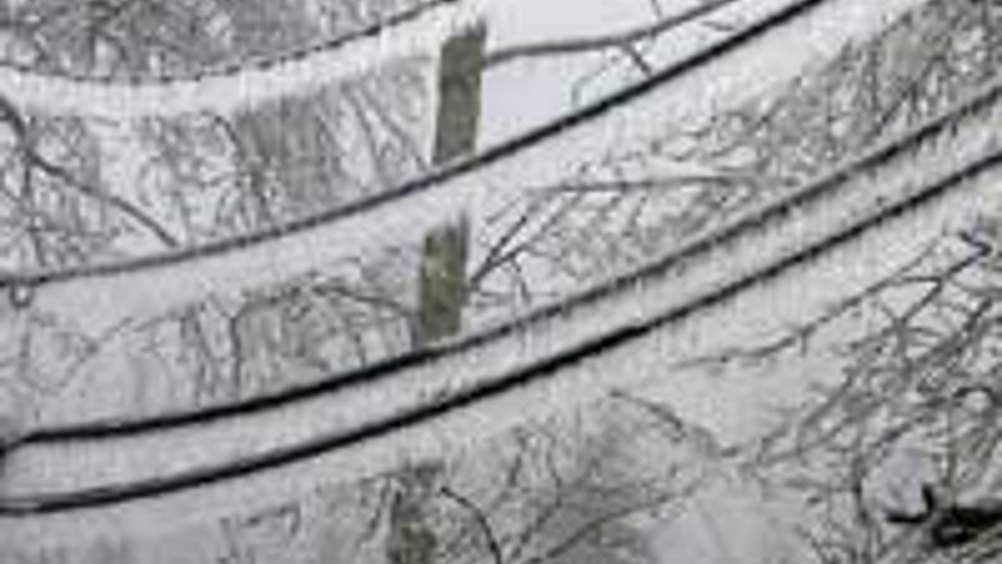I propose that climate change is inevitable; there is nothing that can be done about the outcome, only possibly the rate of change. In support of this, there was an Ice Age — it was about 20,000 years ago.
Therefore, before that there was less ice, and now afterwards there is less ice. A very simple view no doubt, but factually correct nevertheless. Sea levels have been higher, and lower; there are archaeological remains of settlements from 10,000BC in the middle of the North Sea — by 6000BC the area was flooded (to an average depth of 93m). I wonder if they blamed their smoky fires and excessive reliance on the wrong technology?
Let us consider the effect of the human race on climate — everything that humans do has an effect. Decide that we want more beach on one piece of coast and the cliff erodes and collapses further along — a well-known cause and effect. Install hundreds of thousands of square metres (or feet) of roofing, and paved areas, and when it rains the water will collect somewhere and there will be floods. If the people were not there, the houses would not be there, and the flooding would not be so devastating. Does using a freezer directly reduce the ice at the polar caps?
Given that there is climate change, and that we feel that we must do something about it, are we doing the right things? I fear not. As an example, let us look at the production of energy. It is the stated aim of the current administration to introduce many more wind farms — an excellent and green initiative.
However, unless the energy is consumed in a way that reflects the wind blowing, then for every gigawatt of wind turbines, there needs to be a gigawatt of standby coal, oil or gas. The standby units are just like the television left on standby; they consume energy — a great deal of energy.
It is not a cost in sterling, dollars or euros that we need worry about, it is a change in our whole lifestyle. Saving the way of life that we are comfortable with, and attempting to halt the inevitable are mutually incompatible.
We have to choose.
Howard Bradfield, Leicester
Changing our ways











Simulations show Optimal Design for Bladeless Wind Turbines
"an 80cm mast" Really? I'm short but that's only half my height! Do they mean 800cm?